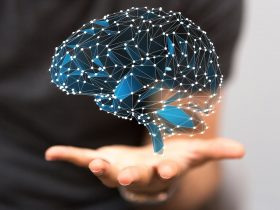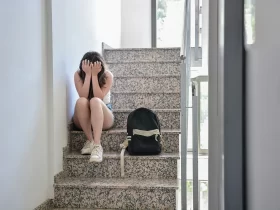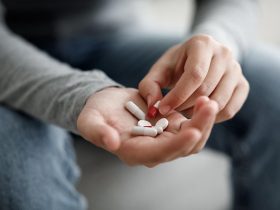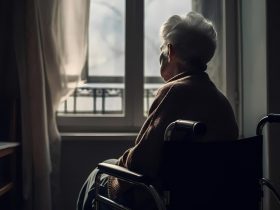Dose-dependent effect seen compared with placebo
By Lori Solomon HealthDay Reporter
WEDNESDAY, Sept. 10, 2025 (HealthDay News) — A single dose of a pharmaceutical formulation of LSD provides significant relief for patients with moderate-to-severe generalized anxiety disorder (GAD), according to a study published online Sept. 4 in the Journal of the American Medical Association.
Reid Robison, M.D., from Cedar Clinical Research in Draper, Utah, and colleagues conducted a phase 2b trial in which 198 adults (aged 18 to 74 years) with a primary GAD diagnosis (moderate-to-severe symptoms) were randomly assigned to receive a single (freebase equivalent) treatment dose with 25 μg (39 individuals), 50 μg (40 individuals), 100 μg (40 individuals), or 200 μg (40 individuals) of MM120 or placebo (39 individuals).
The researchers found a significant dose-response relationship for change in the Hamilton Anxiety Rating Scale (HAM-A) score at week 4 for the 100-μg dose and the 200-μg dose groups versus placebo (least-squares mean difference, −5.0 points with 100 μg of MM120 and −6.0 points with 200 μg of MM120). However, the 25-μg and 50-μg dose groups did not reach significant differences versus placebo (least-squares mean difference, −1.2 points with 25 μg of MM120 and −1.8 points with 50 μg of MM120). The adverse events were consistent with previous findings, including most commonly visual perceptual changes (illusion, pseudo-hallucination, and visual hallucination), which occurred in 46.2 percent of participants who received 25 μg of MM120, 75.0 percent who received 50 μg, 92.5 percent who received 100 μg, and 100 percent who received 200 μg versus 10.3 percent who received placebo. Nausea occurred in 7.7, 27.5, 40.0, 60.0, and 7.7 percent, respectively, while headache occurred in 12.8, 22.5, 35.0, 27.5, and 23.1 percent, respectively.
“I definitely think psychedelics are a viable treatment for the future,” Nehal Vadhan, Ph.D., co-director of the Center for Psychedelics Research and Treatment at Northwell Health in New York, said in a statement. “I think that, like many major advances we’ve had in psychiatry and psychology before, usually things don’t turn out to have as strong of an effect or maintain such a strong effect over time. And so it’s one more tool in the arsenal, and particularly for people who have not responded to traditional treatments such as antidepressant medication and psychotherapy or the combination thereof.”
Several authors disclosed ties to pharmaceutical companies, including Mind Medicine, which funded the study.
Abstract/Full Text (subscription or payment may be required)
Editorial (subscription or payment may be required)
Copyright © 2025 HealthDay. All rights reserved.







